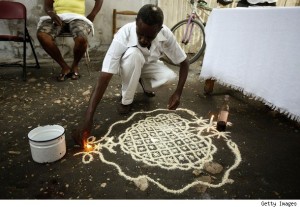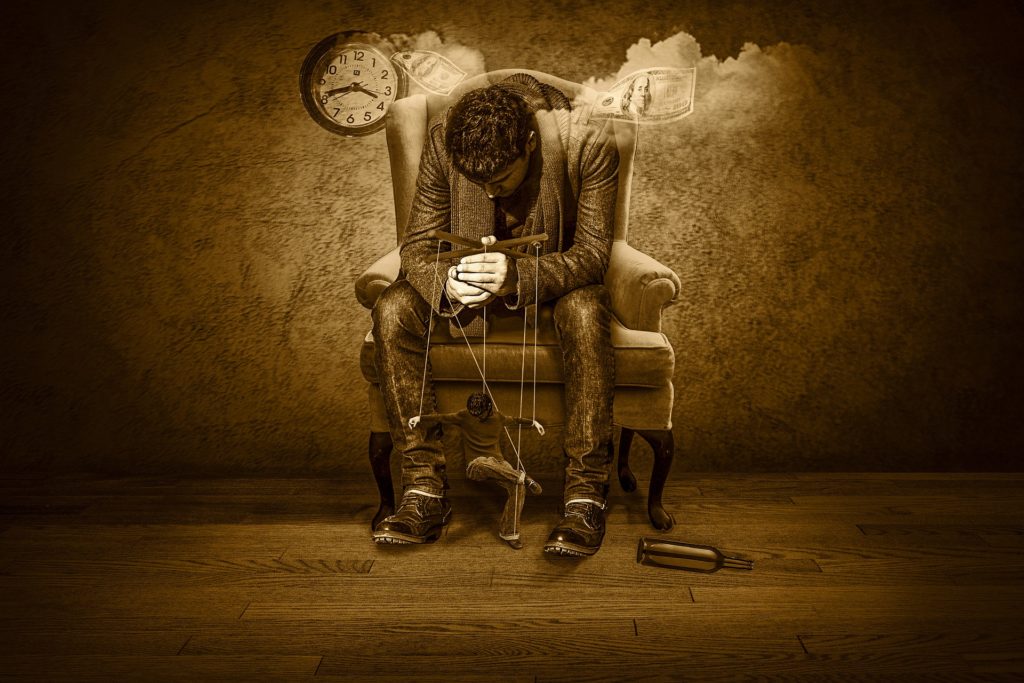“Every gun that is made, every warship launched, every rocket fired signifies, in the final sense, a theft from those who hunger and are not fed, those who are cold and are not clothed. It is spending the sweat of its laborers, the genius of its scientists, the hopes of its children. This is not a way of life at all, in any true sense.
Under the cloud of threatening war, it is humanity hanging from a cross of iron.”
– Dwight D Eisenhower
This is where I probably lose you.
As promised, this blog is about magick and change. Here comes the change part, and by change I mean social and political change. Even worse, I am going to put my two cents in on horrific recent events. Don’t worry I’ll tie it into magick as well.
I believe in the idea of currents, themes that run through our society that influence everything. It’s hard to deny that violence is a current that flows strongly through our culture here in the US. Obviously, other people are violent, but it’s hard to deny that the US goes off the scale. We kill ourselves and other people far more often than other first-world countries, and most second and third as well.
Where does it come from? You can’t say it’s just human nature, otherwise everyone would be like us. My pagan friends tell me I shouldn’t attack Christianity, that they are just on a different spiritual path. This is true, to an extent, but an examination of their doctrine gives me cause for concern. If the creator God, the ultimate good-guy (from modern Christian perspective), has no problem slaughtering all the first born of Egypt, committing genocide, killing infants, what does that say about your religion? Christianity without a doubt has been one of the strongest currents in Western society, and in the US we find a higher percentage of people still believing than anywhere else in the West.
But that can’t be the whole picture. Our propensity for violence, our willingness to slaughter innocents goes deeper than that. Let’s examine the history of warfare from a perspective you don’t usually get.
In ancient times, armies battled and took cities, usually killing half the inhabitants and hauling off others as slaves. The ratio of civilian deaths to soldiers was about even, with perhaps more civilian causalities depending on the war.
Then, in the Middle Ages, something strange happened, at least in Europe. That ratio changed dramatically, where it was almost entirely combatants that died in war. This went all the way up to World War II.
A lot of people still look at WW II as the “good” war. While our enemies did perpetrate crimes of the highest magnitude, does that justify using such tactics against them? Aerial bombing increased civilian deaths to a ratio of 2:1.
Every war since then has only gotten worse, with some current estimates at 10:1. This is completely intentional. The US decided after WW II that the strength of our army comes from air superiority. We designed an army that would kill even more civilians.
Second rule of morality: You are responsible for not only the intended consequences of your actions, but also the inevitable consequences. Whenever the US decides to go to war with the army we have, we decide to kill that country’s innocent civilians. When President Obama asked for ideas on how to reduce violence in our society, perhaps the first thing he can do is stop bombing children in Pakistan and Yemen. Like it or not, we are a warlike society. What does it say about our national character that we spend more on killing people than all the other nations combined?
There is good news. We created this, and we can unmake it. We can change the currents in our society. As magi, we have a duty to use everything at our disposal, physical and mystical, to change things for the better.
Addendum 12/23/12
Once again, Noam Chomsky can make half my point more elegantly and succinctly.
”One of the questions asked in that study was, How many Vietnamese casualties would you estimate that there were during the Vietnam war? The average response on the part of Americans today is about 100,000. The official figure is about two million. The actual figure is probably three to four million. The people who conducted the study raised an appropriate question: What would we think about German political culture if, when you asked people today how many Jews died in the Holocaust, they estimated about 300,000? What would that tell us about German political culture?”

